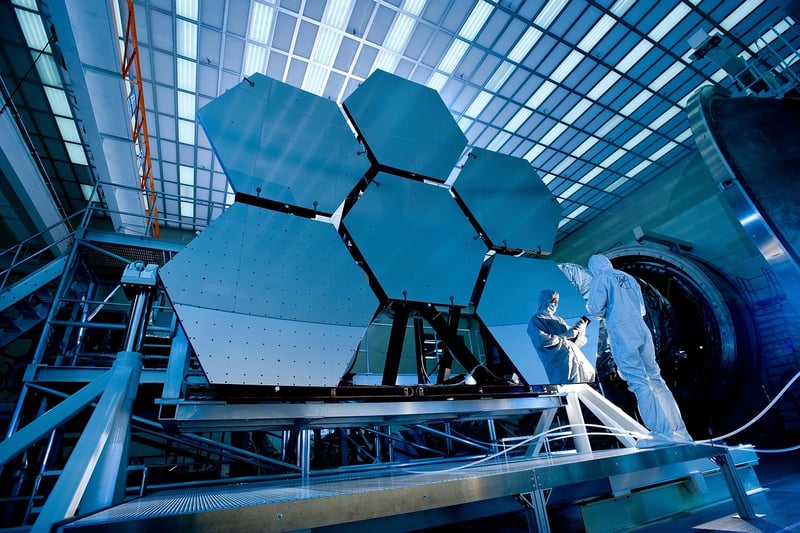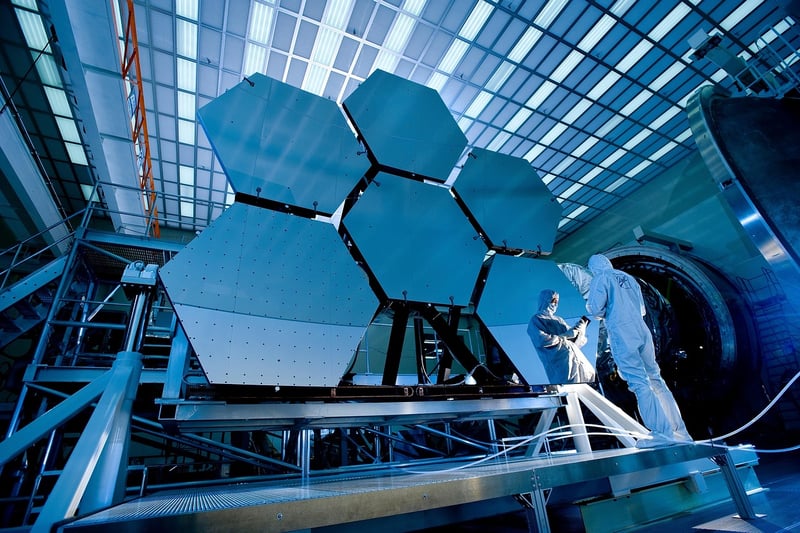Space Telescopes
The Future of Space Exploration: Innovations in Space and Space Telescopes
Space exploration has always fascinated humanity, and with technological advancements, we are delving deeper into the cosmos than ever before. Let's explore some of the remarkable innovations in space technology and the groundbreaking contributions of space telescopes to our understanding of the universe.
1. Space Exploration Innovations:
SpaceX, Blue Origin, and NASA are at the forefront of revolutionizing space travel. From reusable rockets to planned missions to Mars, these organizations are pushing the boundaries of what is possible in space exploration. The development of the Space Launch System (SLS) by NASA promises to take astronauts beyond low Earth orbit, opening up new frontiers for human exploration.
2. Space Telescopes:
Space telescopes play a crucial role in expanding our knowledge of the universe. They orbit above Earth's atmosphere, eliminating the distortion caused by atmospheric gases, and capture stunning images of distant galaxies, stars, and planets. Let's explore some of the most renowned space telescopes:
Hubble Space Telescope:
The Hubble Space Telescope has revolutionized astronomy with its breathtaking images and groundbreaking discoveries. Since its launch in 1990, Hubble has provided unprecedented views of the cosmos, leading to significant advancements in our understanding of the universe's age, size, and expansion.

James Webb Space Telescope (JWST):
The James Webb Space Telescope, set to launch in 2021, is poised to be the successor to the Hubble Space Telescope. With its advanced capabilities, JWST will peer deeper into space, studying the first galaxies that formed in the early universe and unlocking mysteries of cosmic evolution.

Chandra X-ray Observatory:
Exploring the high-energy universe, the Chandra X-ray Observatory observes X-rays from hot regions of the universe, such as exploded stars, clusters of galaxies, and matter falling into black holes. Its findings have transformed our understanding of celestial phenomena that emit X-rays.

Conclusion:
The future of space exploration is filled with exciting possibilities, thanks to innovations in space technology and the invaluable contributions of space telescopes. As we continue to push the boundaries of human knowledge, these advancements will undoubtedly lead to new discoveries and further our understanding of the vast cosmos that surrounds us.
